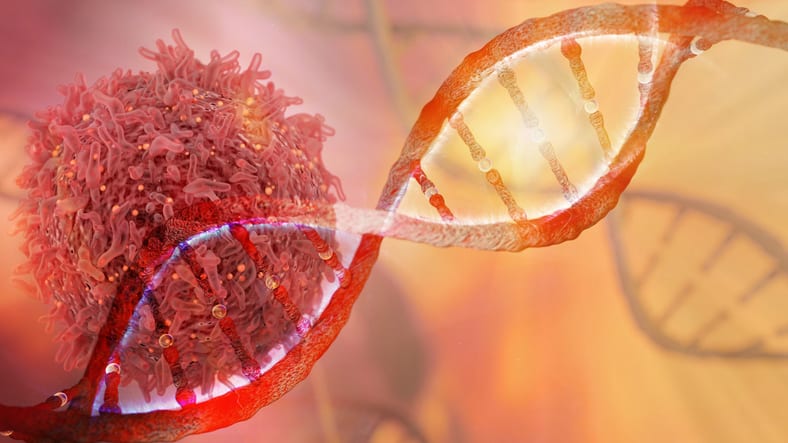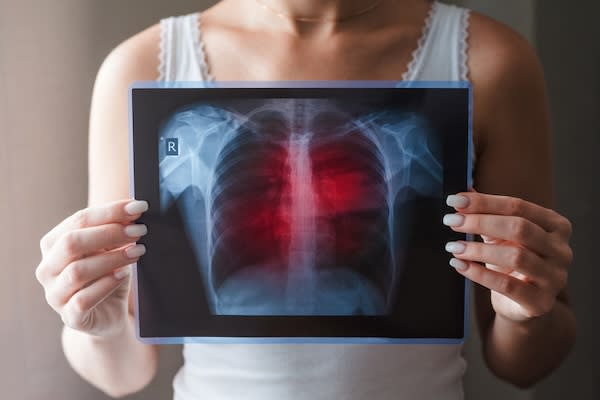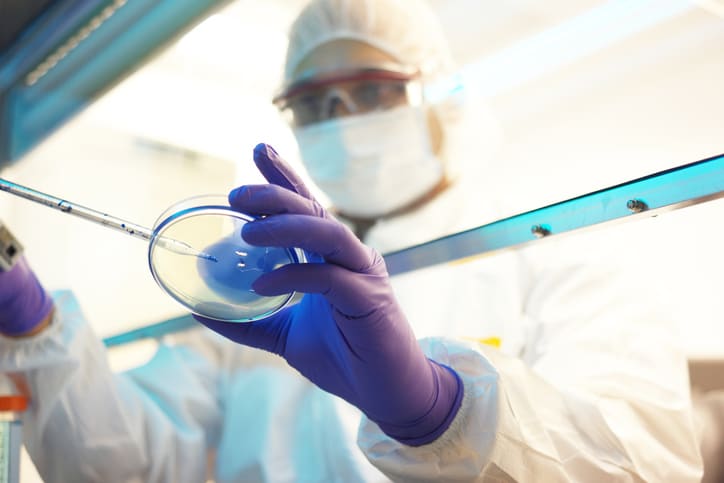Colorectal Cancer Screening
Proactive Colorectal Cancer Screening and Prevention
At the Providence Swedish Cancer Institute, we believe early detection and ongoing monitoring are essential to delivering the most successful outcomes for our patients. That's why we support a broad network of colorectal cancer screening programs across the institute - ensuring patients have access to the care and tools they need to act early.

Our Approach
Our experienced colorectal surgeons and gastroenterologists offer several screening options, including colonoscopies (the gold standard for colorectal cancer detection), fecal immunochemical tests, and stool DNA tests.
According to the American Cancer Society, colorectal cancer has a 90% survival rate if caught early before it has spread.
What to Expect
Colorectal screening is a proactive way to protect your health. We're committed to making the process as stress-free as possible.
Preparation is key for a successful colorectal screening. Your care team provides step-by-step instructions tailored to your screening type:
- For tests like colonoscopies, preparation may include dietary restrictions, avoiding certain medications, a bowel prep to clean your colon, and arranging transportation for after your test.
- Stool-based tests, such as fecal immunochemical tests or stool DNA tests, usually require little to no preparation but may still have specific dietary or medication guidelines to follow.
For a colonoscopy, you’re in a comfortable outpatient setting under sedation. The procedure itself typically takes 30-60 minutes. Afterward, you’re monitored for about an hour, and then you can go home. You will need to arrange for someone to drive you home from your colonoscopy.
Stool-based tests, like fecal immunochemical tests or DNA tests, can be done at home with simple instructions that your doctor provides. Regardless of screening type, your doctor reviews the results with you and guides you on any next steps as needed.
Screenings can detect polyps and other abnormalities early, helping to prevent colorectal cancer or catch it in its earliest stages, when treatment is easier. Any small polyps will most likely be removed during a colonoscopy for further testing.
While risks like minor bleeding or discomfort are rare, your care team takes every precaution to make sure you’re safe and comfortable throughout the process.
If additional tests or treatments are needed after your colorectal cancer screening, we guide you through the process and provide personalized support, ensuring all your questions are answered.
Whether you need further testing or a consultation with a specialist, our team is here to help you navigate your care.
Younger Adults Are Getting Colon Cancer: Why Screening is Essential
Learn about the increasing rates of colon cancer among adults aged 18 to 50 and understand the importance of colonoscopies for prevention and early detection. If you're nearing 40 and have a family history of colon cancer, it's time to talk to your clinician about screening.

Frequently Asked Questions
Because younger people are being diagnosed with colorectal cancer more frequently, the American Cancer Society recently changed the recommended age for the first colonoscopy to 45.
If you don’t have symptoms or a family history of colorectal cancer, you should get a colonoscopy at least once every 10 years until you’re 75. However, if you have other risk factors, your doctor will inform you about the frequency of colonoscopies based on your situation.
Examples include:
- Family or personal history of colorectal cancer or polyps
- Inflammatory bowel disease (IBD)
- Genetic syndromes, such as Lynch syndrome or familial adenomatous polyposis (FAP)
A colonoscopy is performed in an outpatient setting. To make the procedure as comfortable as possible, you’re given a sedative, which is known as twilight sedation. Or you may be in monitored anesthesia care delivered by the anesthesia team.
While the physician performs the procedure, you lie on your left side with your knees drawn up to your chest. The care team monitors your vitals, such as blood pressure, heart rate, and breathing.
After your colonoscopy, you wake up in a recovery area, while vital signs are monitored. Sedation generally wears off by the end of the day, but driving, strenuous activity and alcohol should be avoided for 12 to 24 hours.
Like most colorectal screenings, a colonoscopy requires that your colon be completely empty. A combination of a liquid diet and laxatives will be prescribed to cleanse the colon before the procedure.
To ensure that the procedure is successful, carefully follow the preparation instructions provided by your care team. A responsible adult must drive you home from your appointment.
The preparation instructions could vary by patient and type of procedure, so it’s important to only use the instructions indicated by your care team. Be sure to ask any questions you have about the preparation instructions.
A colonoscopy itself takes about 30 minutes.
Plan to be there for about 2-3 hours in total from check-in to discharge.
Most people get a colonoscopy with some version of conscious sedation. You feel like you’re asleep, but you don’t get general anesthesia from an anesthesiologist. Some do get a colonoscopy with monitored anesthesia care or deep sedation. Either way, the procedure shouldn’t hurt, though some people report feeling some cramping and/or minor discomfort.
If your results show something unusual, such as polyps or other abnormalities, your doctor will discuss the findings with you in detail.
Small polyps can often be removed during a colonoscopy for further testing.
If additional tests or treatments are needed, your care team guides you through the next steps, explains your options, and helps create a personalized care plan to address your specific needs.
Yes, there are several colorectal screening options, including stool-based and imaging tests:
- Stool-based tests, like the FIT or Cologuard, check for blood or DNA changes in your stool.
- Imaging tests, such as a CT colonography, provide detailed images of the colon and rectum.
Each option has pros and cons, and your doctor can help you decide which is best for you based on your health, risk factors, and preferences.
Yes, if you've been diagnosed somewhere else, our world-class cancer experts can provide you with a second opinion.
Getting a second opinion can help you feel more confident in your screening results, diagnosis, and treatment plan. Our specialists encourage additional perspectives if it helps you make informed decisions.
Many patients find it reassuring to confirm their results or diagnosis and explore all available options before moving forward.
News & Info From Our Experts



